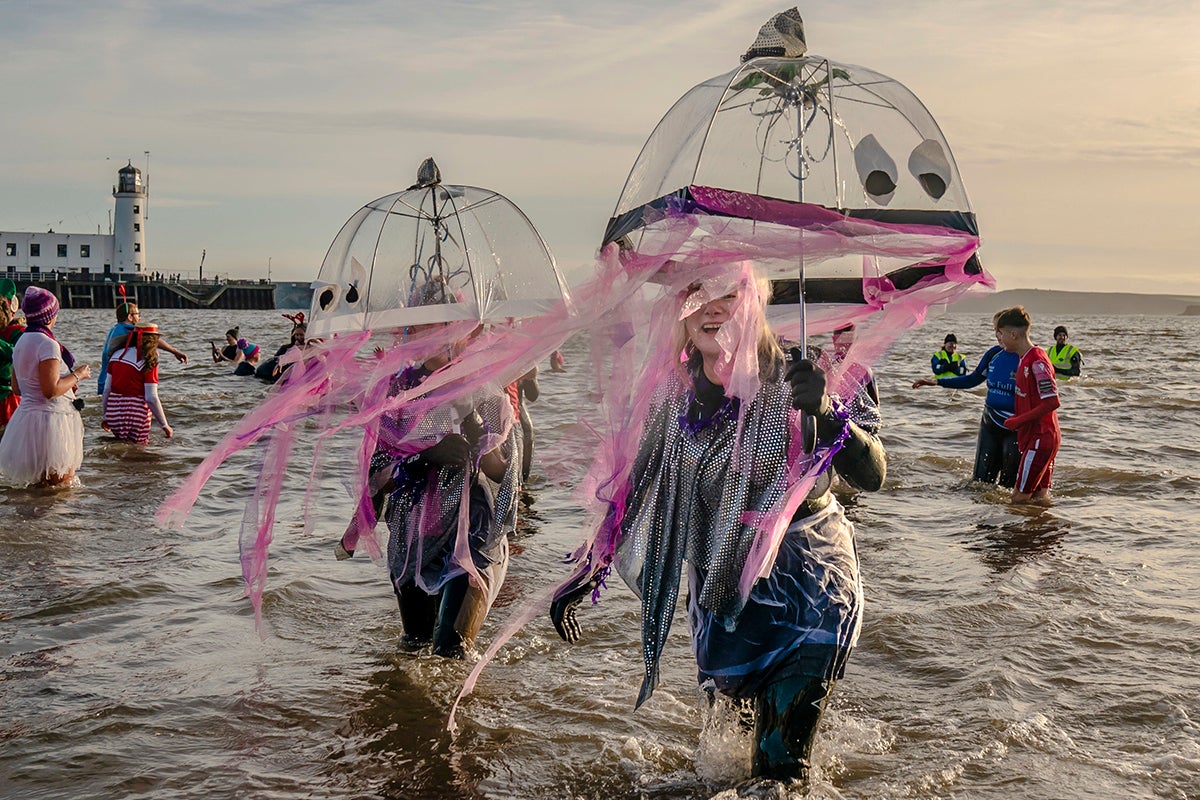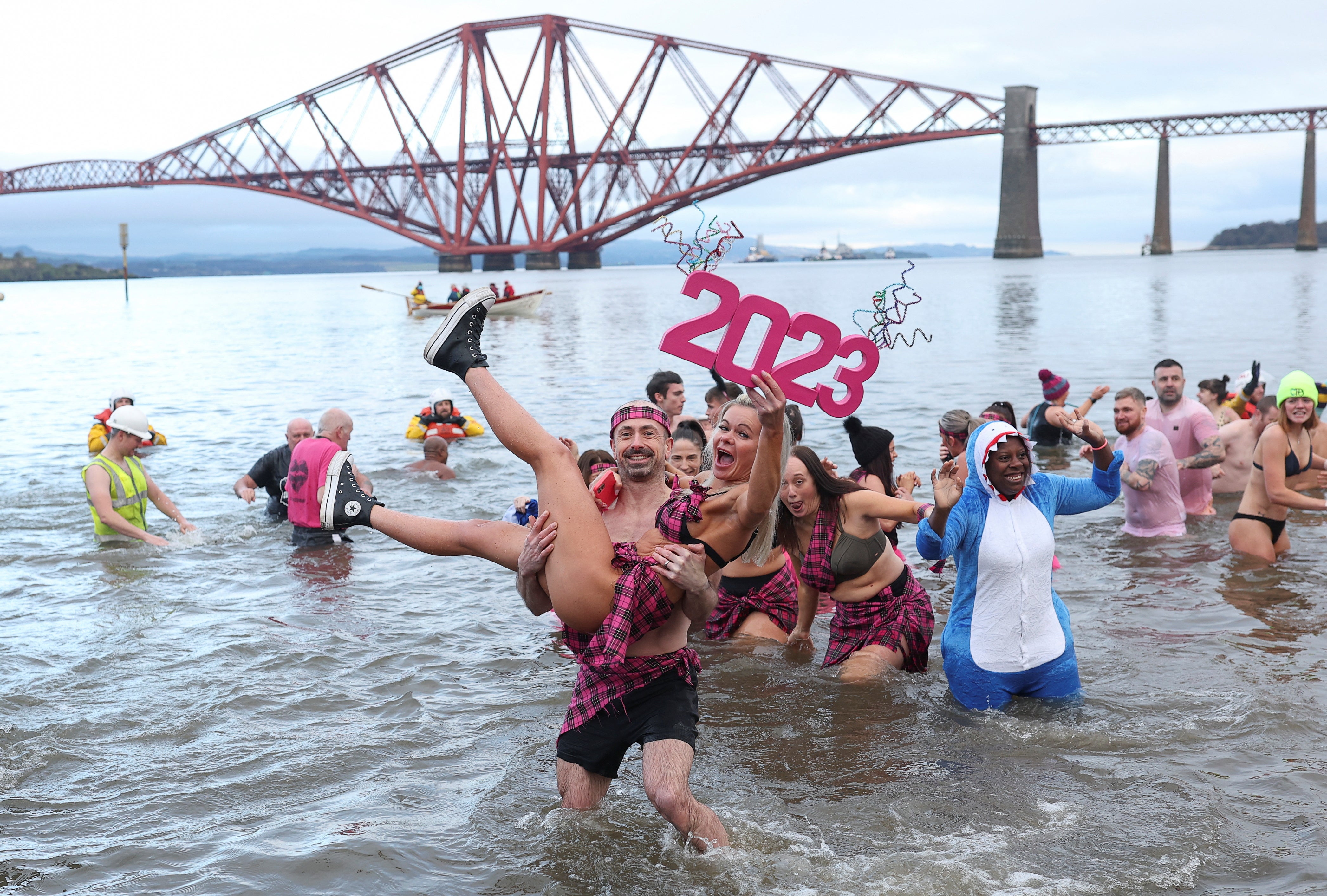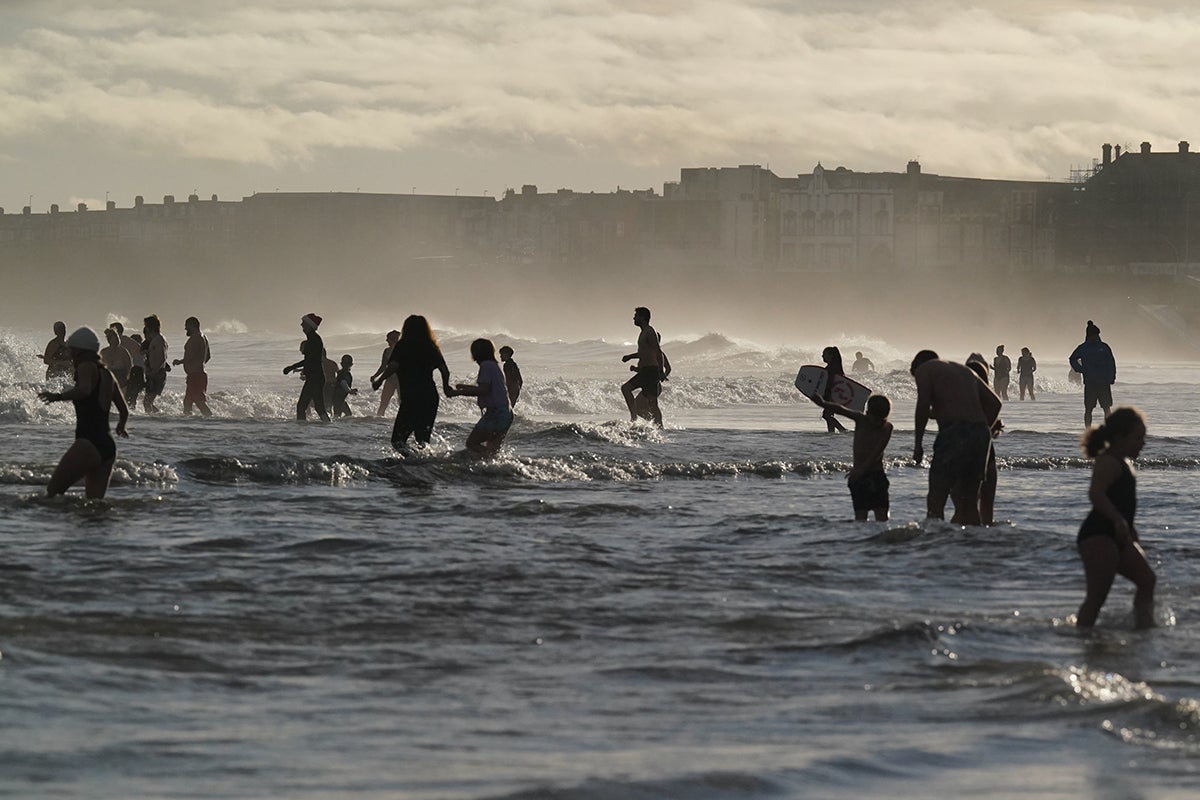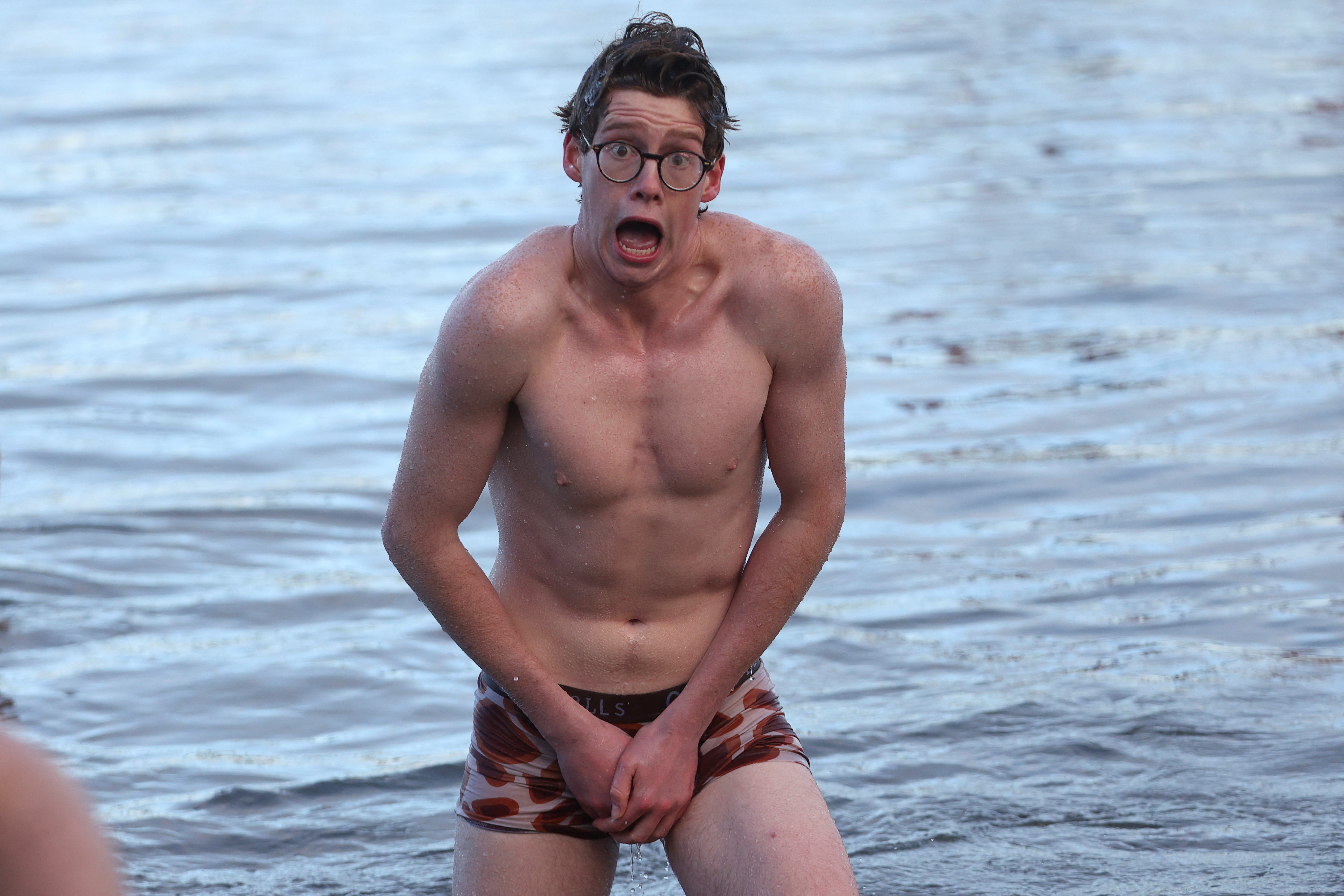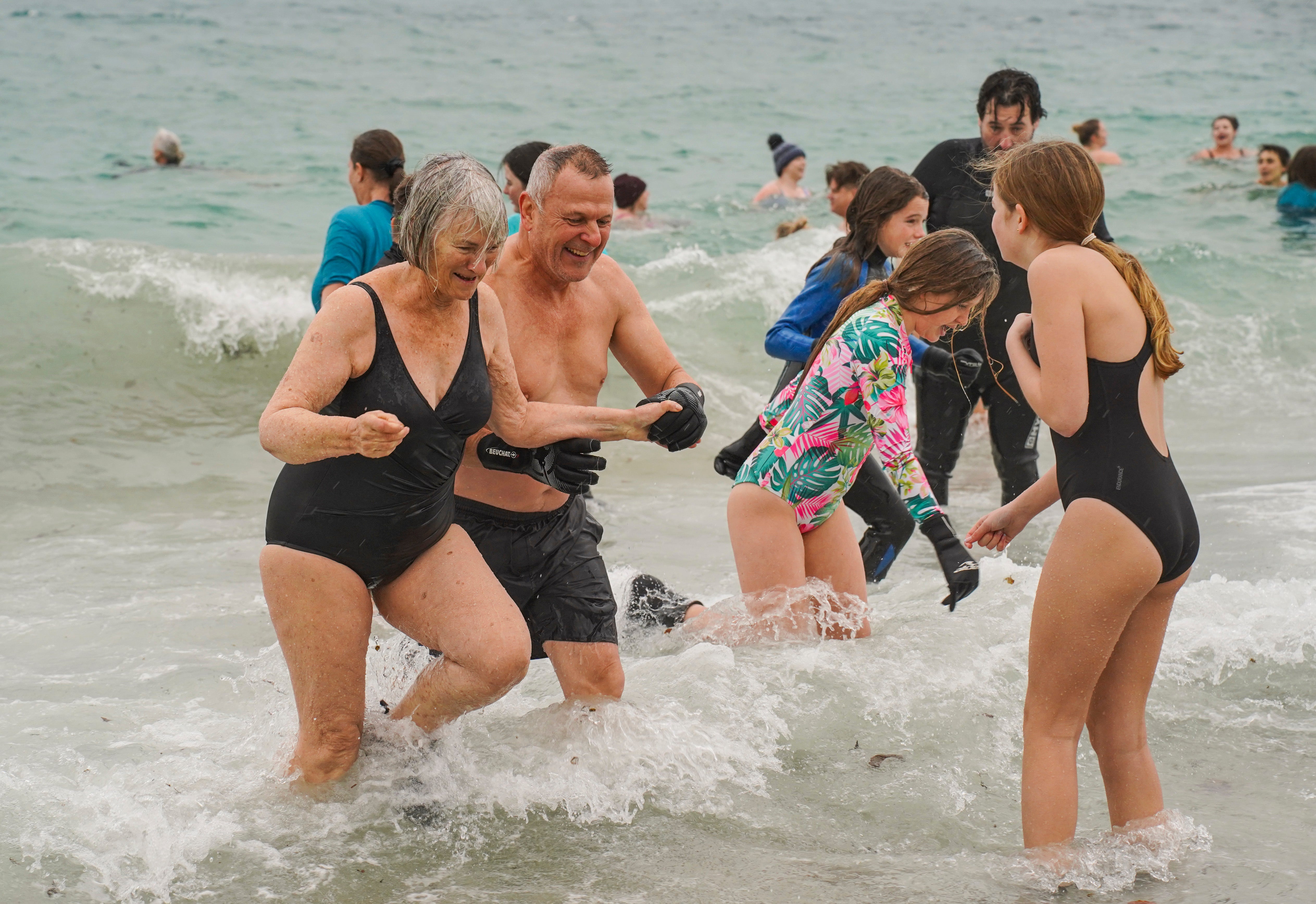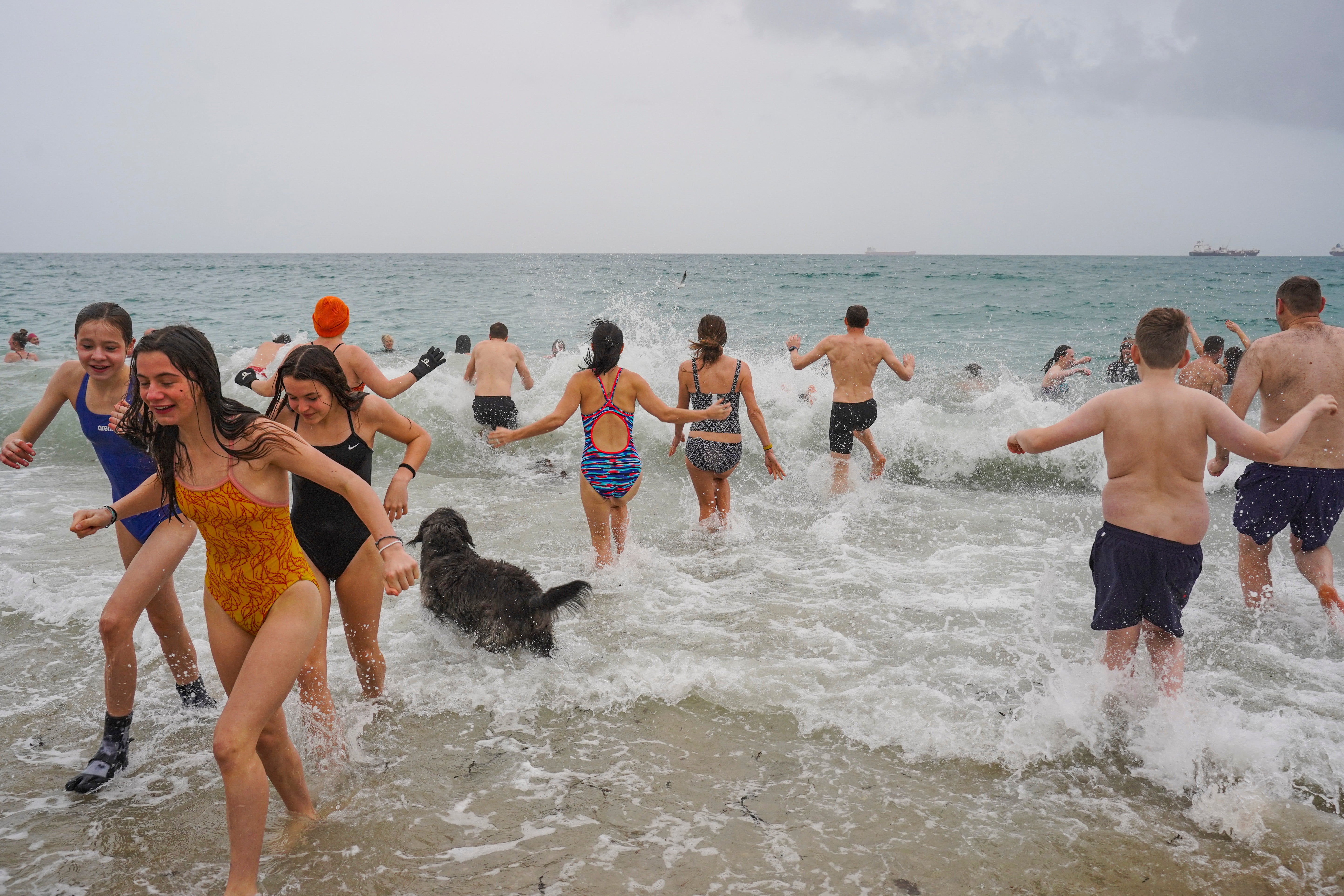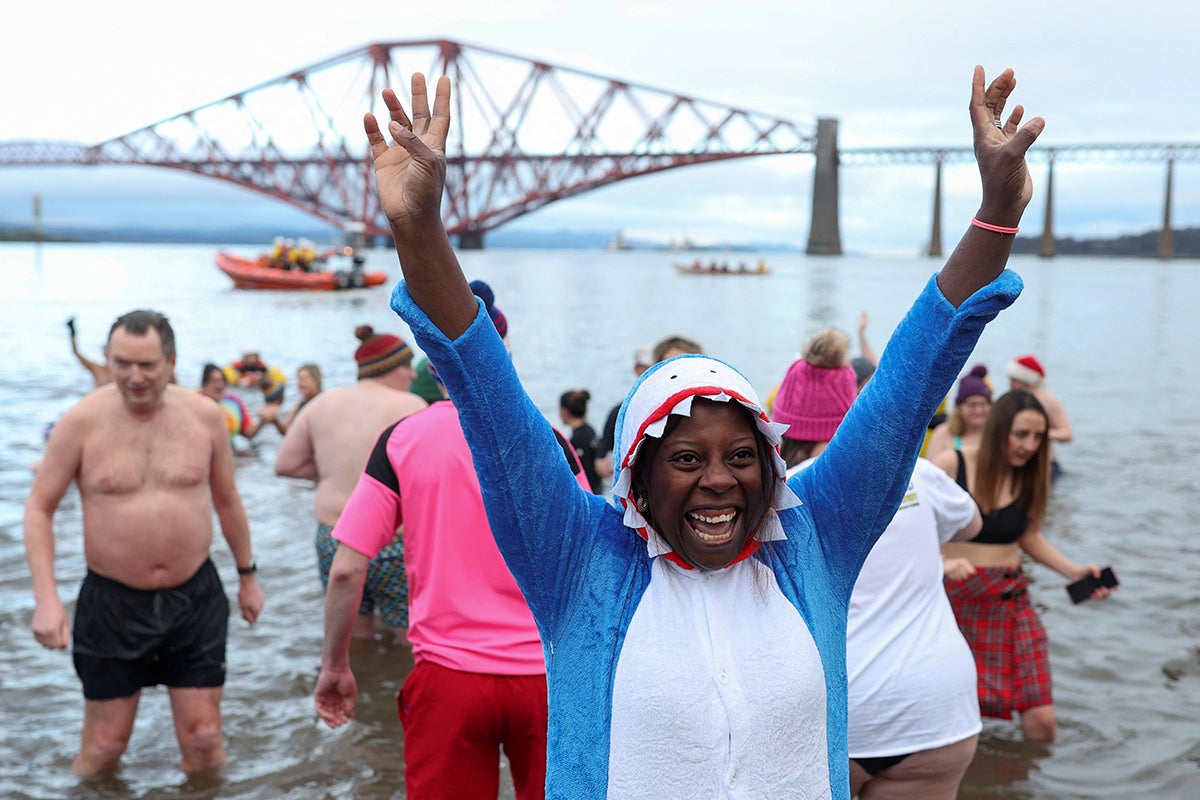
Revellers lined the streets for London’s New Year’s Day parade on Sunday as swimmers across the country went for a chilly dip to bring in 2023.
Entertainers from across the globe brought a colourful carnival of culture to the West End as the event moved from Piccadilly to Parliament Square for the first time since 2020 due to the pandemic.
Meanwhile, people up and down the country went for a quick swim in the sea at beaches from Gyllyngvase in Falmouth to South Queensferry in Scotland.
The three-and-a-half-hour London parade – dubbed by Toploader, one of the bands making an appearance, as the “perfect hangover cure” – featured more than 8,000 performers.
Bob Bone, the founder of the parade, has helped turn it into an annual tradition since the inaugural event in 1987. This year’s parade was filled with marching bands, cheerleaders, pearly kings and queens, dancers, drummers, cycling clubs and giant balloons.
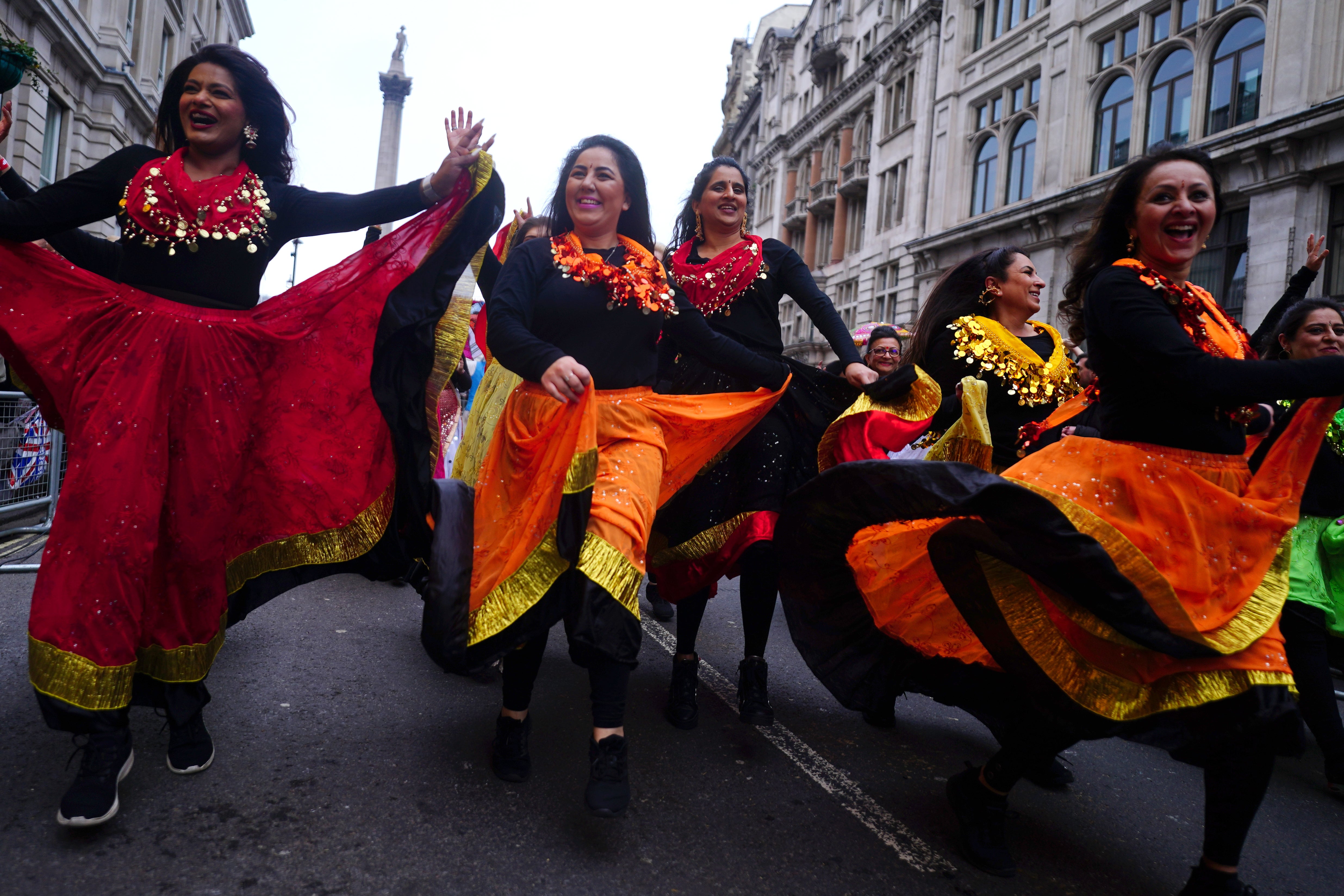
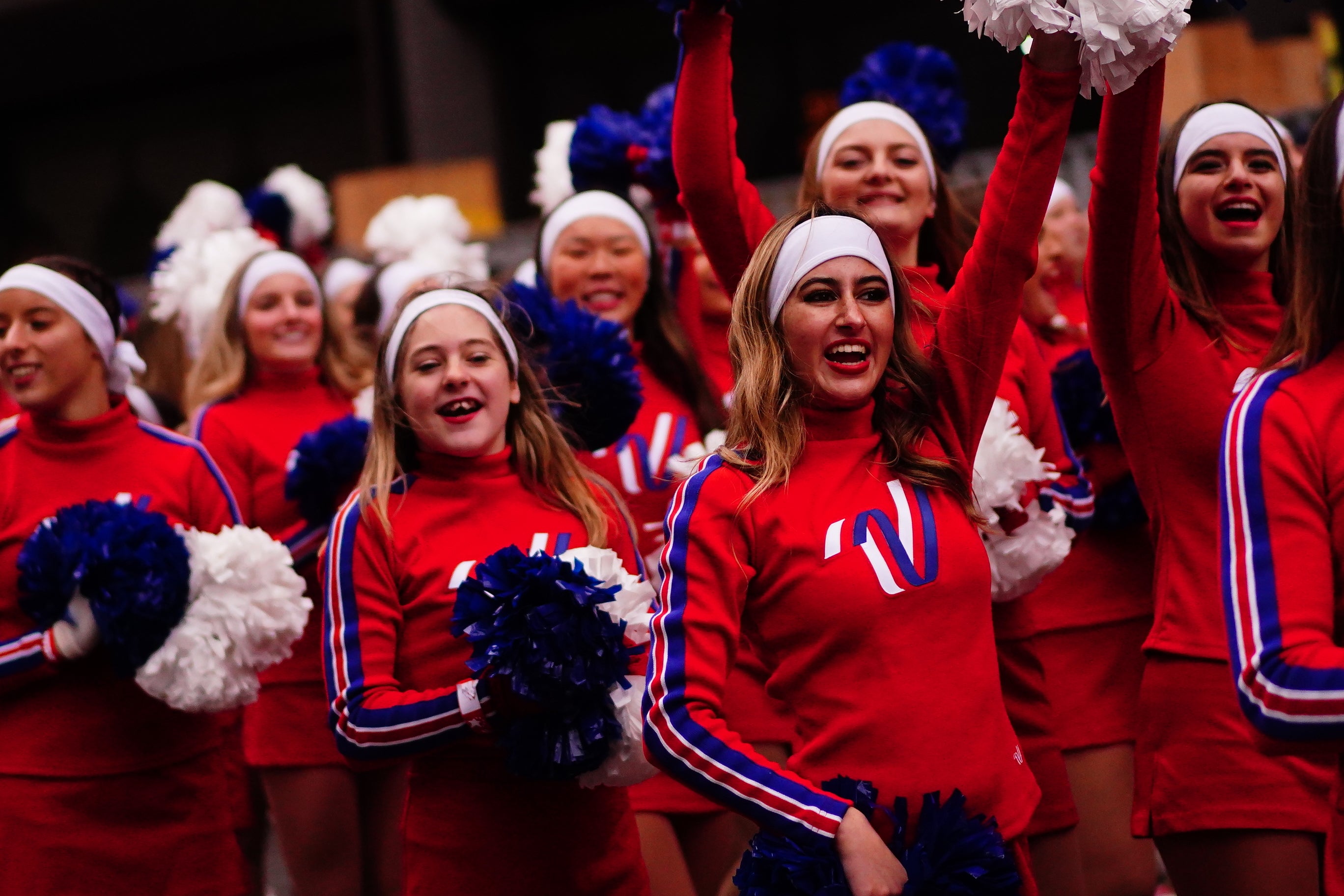
Mr Bone said: “This year the parade is back to its brilliant best. We are delighted to see that so many performers have travelled from around the world.
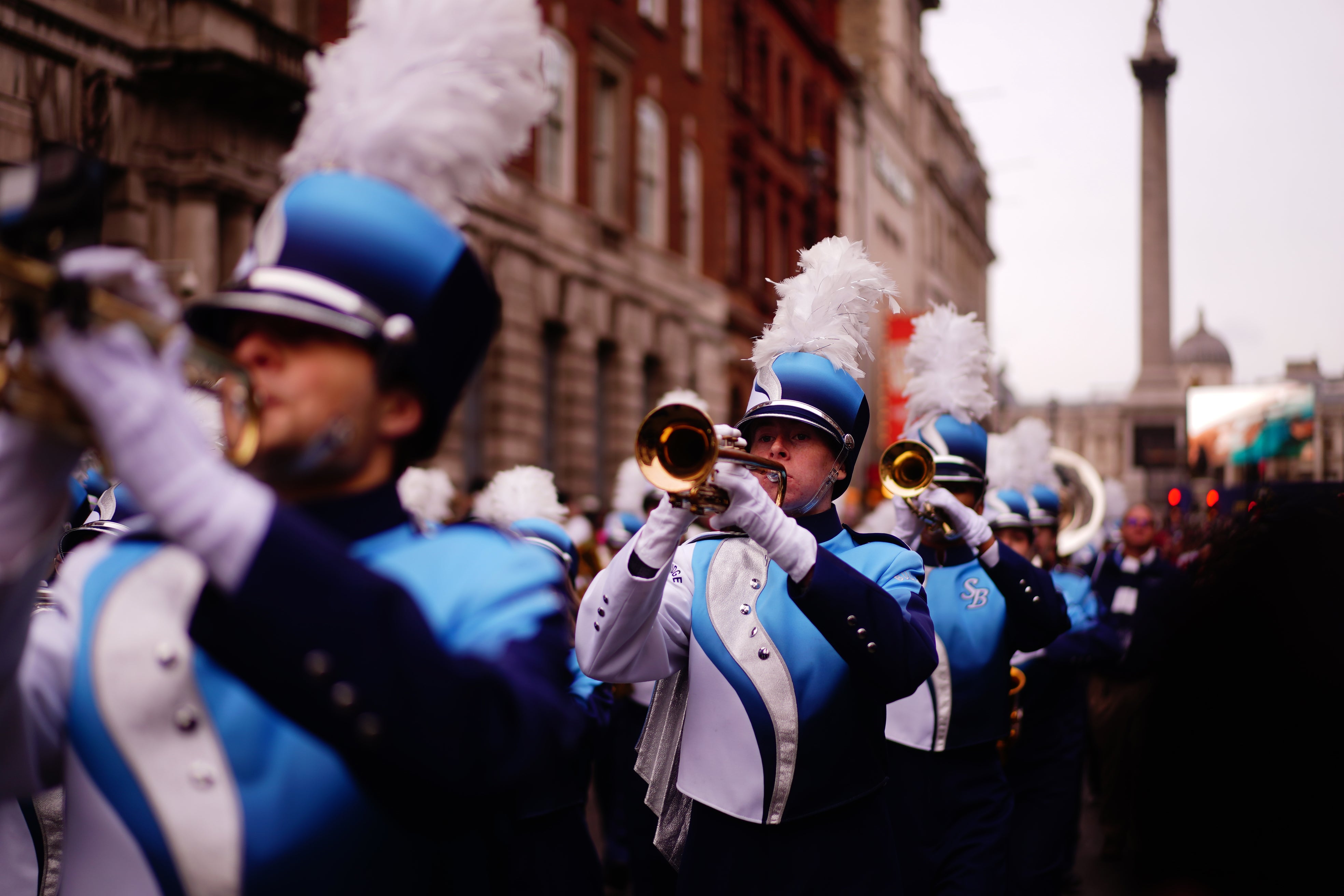
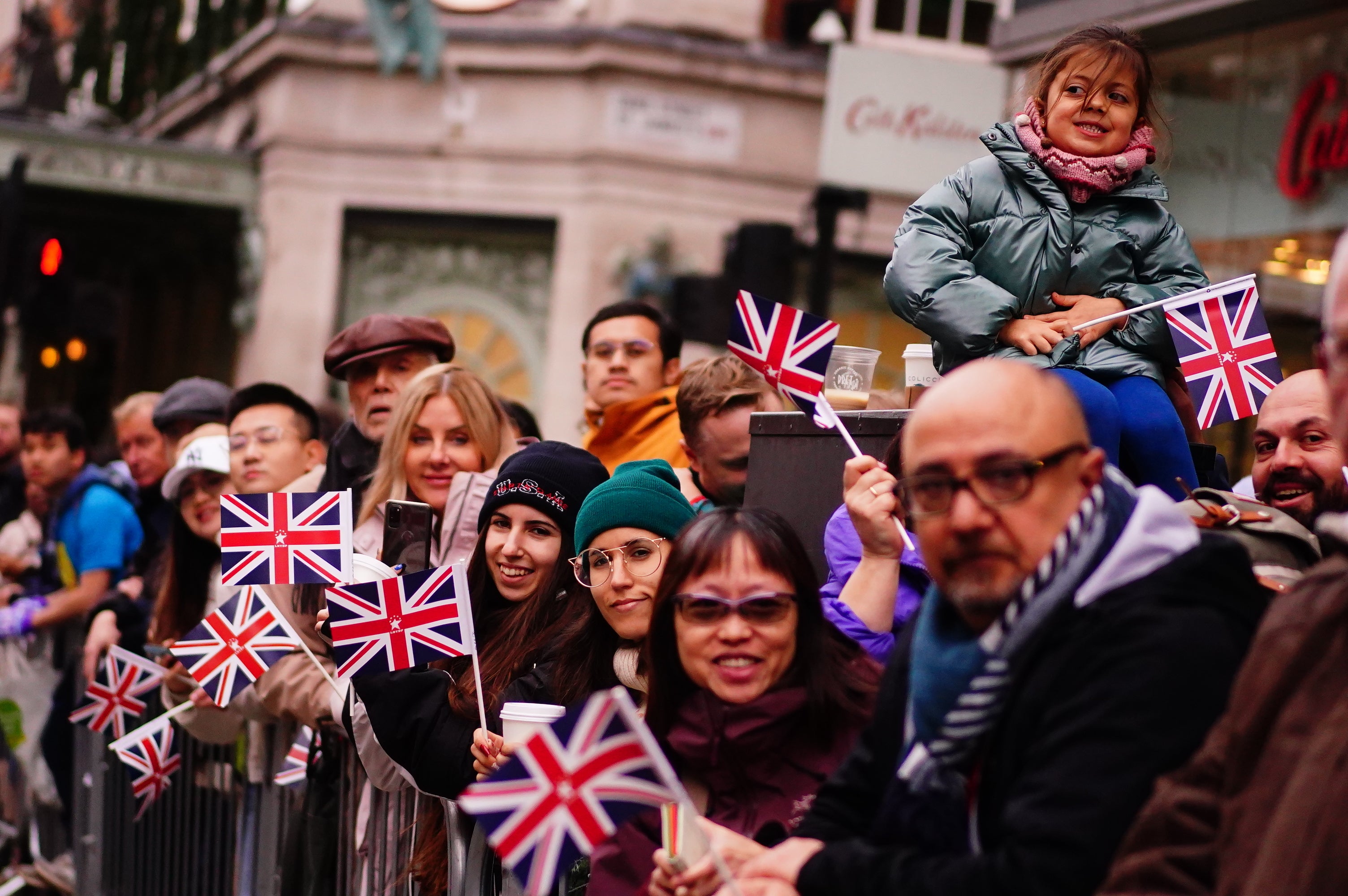
“This is the first mass gathering of the parade since Covid. This is the first time since 2020 we have had a parade.
“It is amazing. It is what we do. It is what we love and it gives London this incredible opportunity to showcase itself to the world, to give the world a wave and say ‘come on over’.”
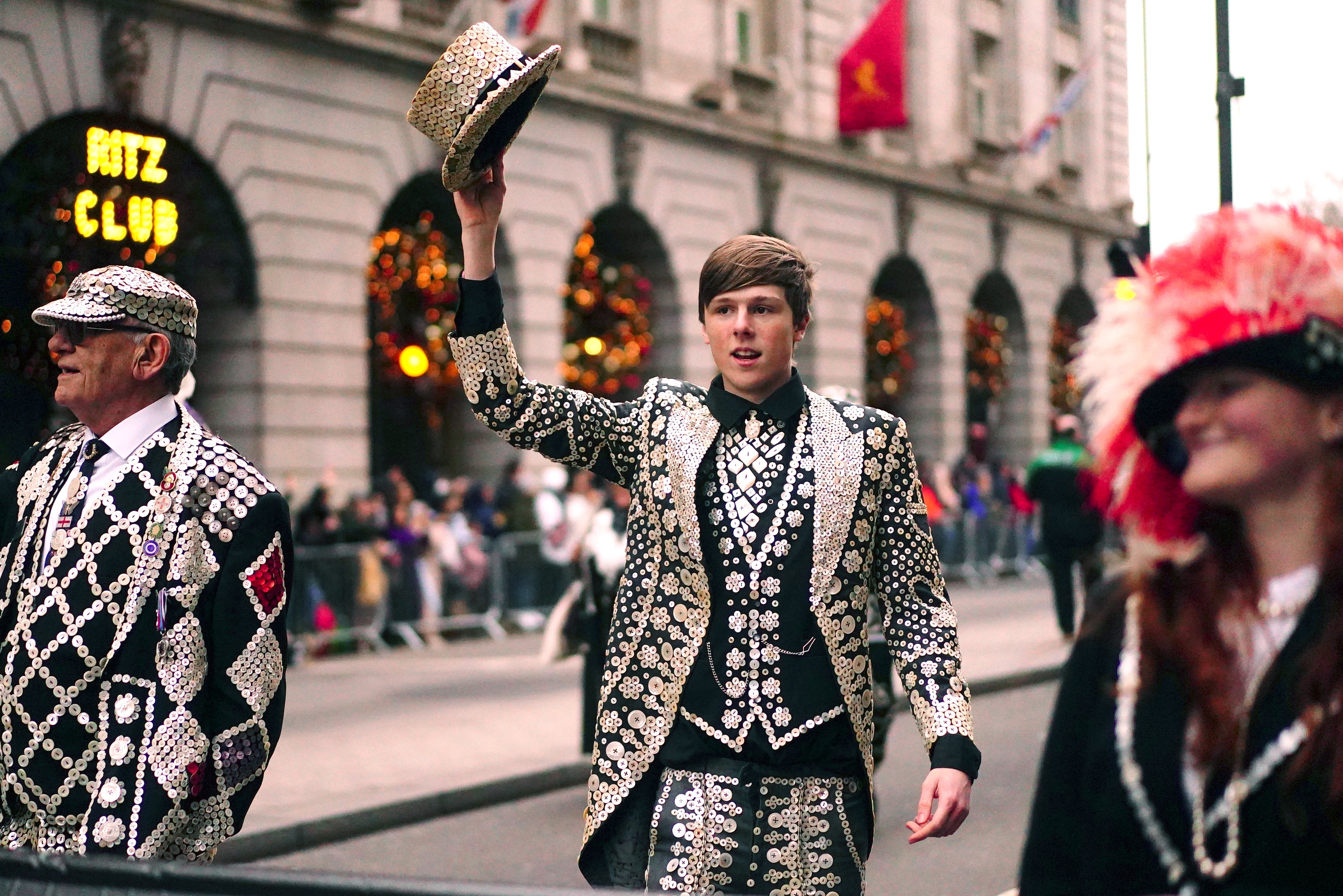
There are about 20 nations represented among the acts, including an El Salvadorian band who travelled from the rainforest, plus performers from China, Peru, Colombia, Brazil and others from the US, UK and Europe.
Mr Bone said: “It is a hugely cosmopolitan carnival. It’s culture, colour and terrific fun.”
It has “raised billions for London and the UK as a whole” over the years, along with £2m for London charities, the organisers said.
Meanwhile, hundreds of people headed to beaches across the country to bring in the new year with a bracing dip in the sea. Revellers took part in a New Year’s Day swim in South Queensferry, Scotland – a tradition that is referred to locally as a “loony dook”.
Swimmers were also snapped in fancy dress on beaches in Falmouth in Cornwall, Scarborough beach in Yorkshire, and Whitley bay on the North East coast.
